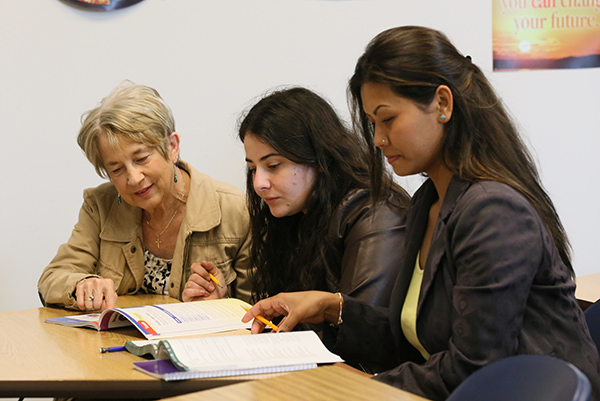Registration Open for Adult Education and Literacy Classes
The East Central College Adult Education and Literacy Program (AEL) gives students the opportunity to earn their High School Equivalency Certificate. It also gives students a chance to learn English as a primary language.
Classes are offered during the day in Gerald, Sullivan, Union and Washington. Evening classes are offered in Pacific, Union, St. Clair, Washington, Cuba, Hermann, Owensville, Rolla and St. James.
The importance behind attending AEL classes is not in the numbers but in the long-term outcome of earning the HSE. These achievements give way to a chance for people to get their dream job, or just a better paying job. The more education an individual has, the more money they can expect to earn. Those with less than a high school education can expect to earn a $17,528 salary, those with an HSE can expect $24,315 and those with an Associate’s degree can expect $38,342.
“Increased education can have a large economic impact for an individual, but also for a community” AEL Director Alice Whalen said, “Increased wages impact poverty rates, welfare participation, unemployment, healthcare costs, prison recidivism and tax revenues at both the state and national level.”
There are four levels of English learning classes, running Beginning through Advanced. Orientation is required and held for new students four times during the year. The English language classes are offered in Washington and Rolla.
Registration for both the Adult Education classes and the English learning classes are free and goes on year-round. For more information about the dates and times of these classes, call 636-584-6533 or visit www.eastcentral.edu/ael/.
Formally known as the GED, the High School Equivalency Certificate (HSE) is the secondary way of earning a high school diploma in Missouri. According to the 2003 National Assessment of Adult Literacy and US Census Bureau, 12 percent of Missouri’s population ages 25 and older have less than a high school diploma, or nearly 730,000 people.

